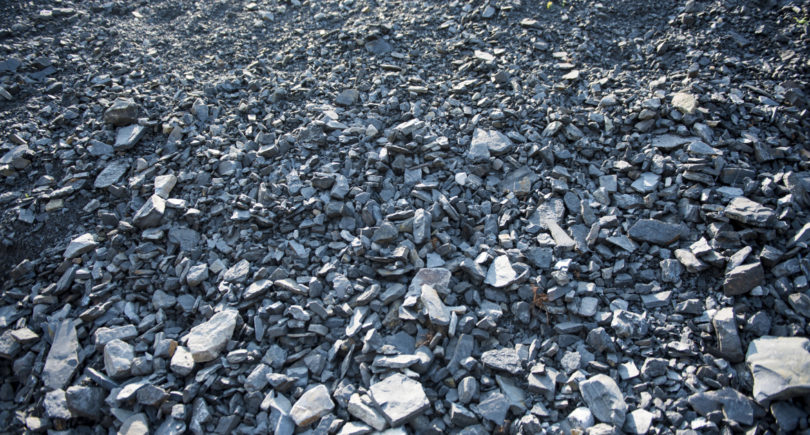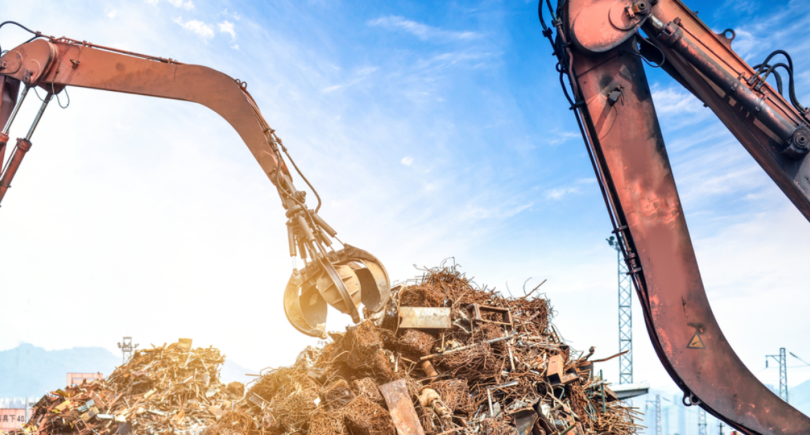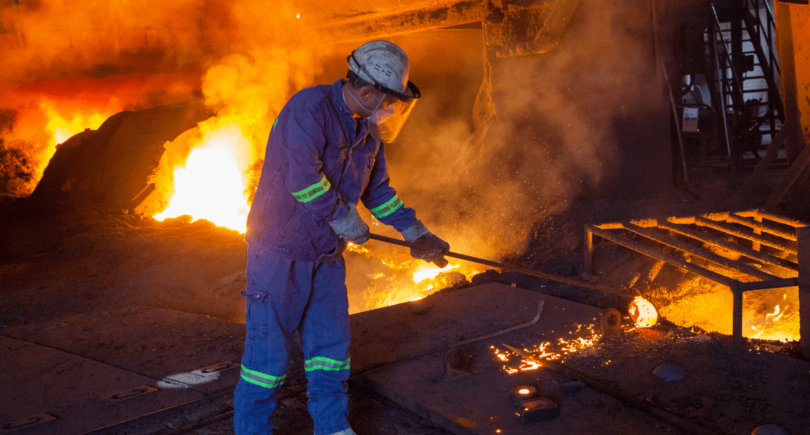
News Global Market CBAM 1341 16 March 2025
SMEs will have difficulties due to financial and technological constraints
The European CBAM, in the absence of adequate support for small and medium-sized enterprises in the fight to reduce emissions, could potentially lead to unequal results in the steel industry. This is evidenced by a recent study by experts from the Indian Institute of Management and the Institute of Management Technology, according to The Times of India.
The study shows that while large integrated steel mills can adapt their production processes to supply low-carbon steel to the EU market, SMEs may have difficulties due to financial and technological constraints and limited capacity. Thus, the decarbonization process may become a two-speed process, with large companies having an advantage and smaller players remaining vulnerable.
The study also warns that unilateral implementation of CBAM-like policies in different jurisdictions could increase costs for exporters, complicate trade relations, and potentially hinder global climate cooperation.
The analysis is based on input from 41 key stakeholders, including representatives of the steel industry, government officials, academics and civil society. The researchers call on the EU and other countries considering similar mechanisms to provide adequate support, such as technology transfer and capacity building, to ensure a fair decarbonization process.
As GMK Center reported earlier, Taiwan will submit a draft law on its own CBAM no earlier than the second half of the year. The country intends to harmonize its mechanism with the WTO.




